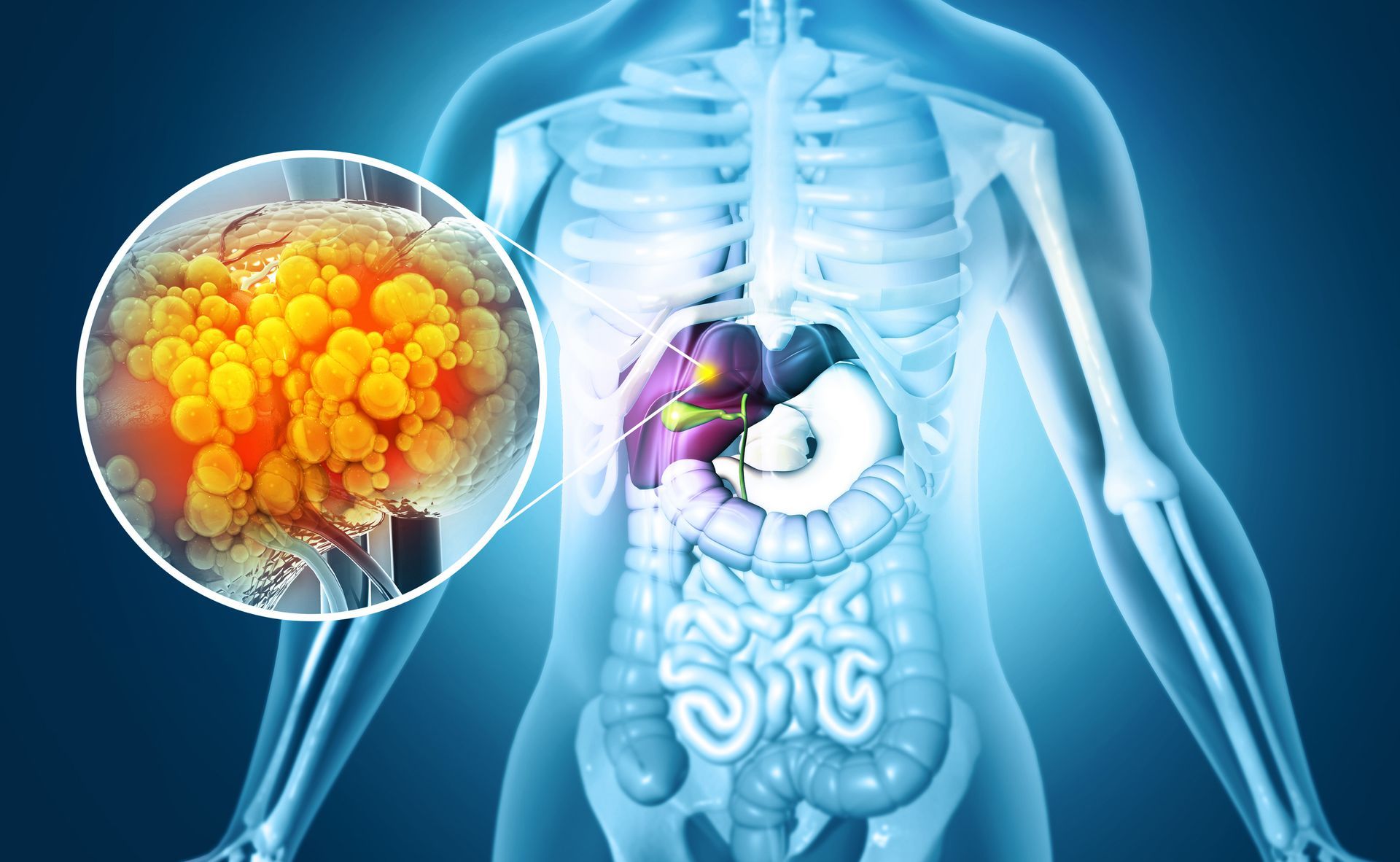Panama City Gastroenterology: The Side Effects of Constipation
Almost everyone has experienced the discomfort of constipation at one time or another. At its best, constipation is a frustrating and uncomfortable temporary setback. At its worst, constipation can cause various side effects that impact your body’s overall health.
What is Constipation?
In basic terms, constipation is defined as having fewer than three bowel movements in a week. Along with fewer bowel movements, the stool is usually difficult to pass and can be very hard or dry. Those who suffer from constipation can sometimes feel as though they cannot fully empty their bowels, also referred to as rectal tenesmus.
What Causes Constipation?
Contrary to popular belief, constipation in itself is not a disease. Constipation is caused by many different aspects in your life.
Factors such as medication, lifestyle, and underlying medical conditions can all contribute to constipation.
What are the Side Effects of Constipation?
Along with difficulty or inability to pass stool, pain, cramping, and other well-known side effects, there are some additional side effects of constipation that most people don’t usually consider. Constipation can take a toll on many other areas of your body and health.
- Hemorrhoids: Straining to pass hardened stool can cause swelling and inflammation of the veins around and inside the anus. Hemorrhoids can become unpleasant and painful when they protrude from the anal opening. They can also bleed under the strain of passing stool.
- Rectal Prolapse: Sometimes mistaken for hemorrhoids, a rectal prolapse is a condition where part or all of the rectum protrudes from the anus. This is caused by straining to pass hardened stool and can be very painful.
- Anal Fissures: Another condition caused by the strain of passing stool, anal fissures are tiny tears around the anus. While normal stool is soft and easy to pass, hardened stool is much less flexible and can cause the anus to tear. These tiny tears can sometimes bleed or become infected. Once you experience anal fissures, you are likely prone to their recurrence.
- Fecal Impaction: When you are constipated, hardened stool can begin to accumulate and stick to the walls of your intestines. Over time this can cause your intestines to become blocked or impacted. Fecal impaction can cause pain and vomiting and often needs medical assistance for its removal.
If you’ve experienced chronic constipation or the symptoms involved, our gastroenterologists can help with a diagnosis and personalized treatment plan. Your gastrointestinal health plays a significant part in your quality of life and overall health. Contact us today to begin your journey to a happier and more comfortable life.
CONTACT
850-763-5409
ADDRESSES
4 LOCATIONS
204 E 19th Street, B, Panama City
12216 Panama City Beach Pkwy, D, Panama City Beach
4295 3rd Ave, Marianna
101 Good Morning St., 109B, Port St. Joe
Subscribe to our newsletter:
subscribe to our newsletter
We will get back to you as soon as possible.
Please try again later.



